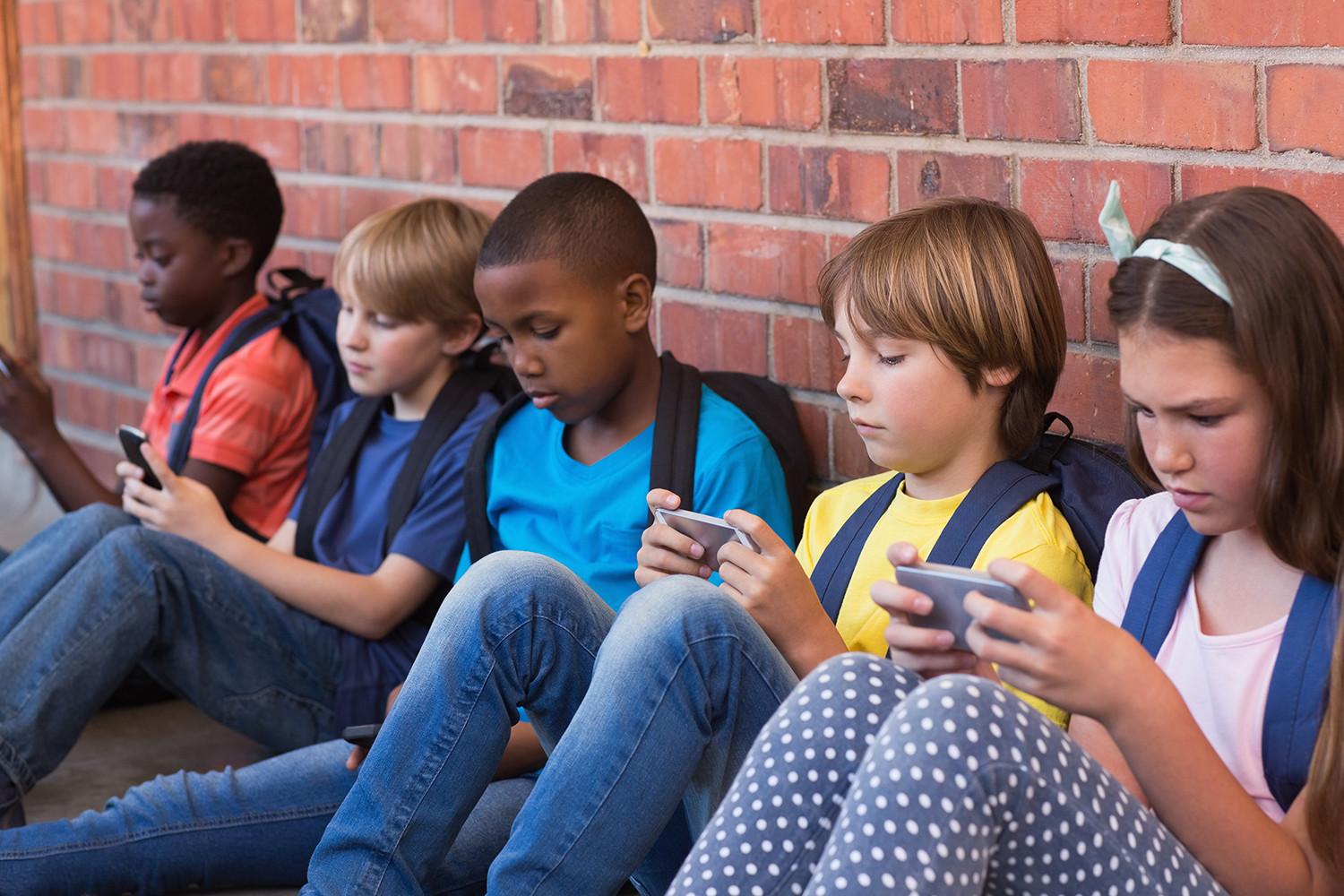
First steps. First haircut. First day of school. First phone. Are your kids ready?
On average, children are getting their first smartphones around age 10, according to the research firm Influence Central, down from age 12. For some children, smartphone ownership starts even sooner — including second graders as young as 7, according to internet safety experts.
Pros and Cons
Smartphones undoubtedly bring benefits. With the devices, children gain access to powerful apps, including education tools for studying, chat apps for connecting with friends and the wealth of information on the web.
But they also are one step closer to distracting games, sexting apps and social media apps where online bullies are on the prowl. Even older children are not immune: Last year, at least 100 students at a Colorado high school were embroiled in a scandal that involved trading naked pictures of themselves on their mobile devices. In the end, such cons may outweigh the pros, Ms. Weinberger said. If you hold off giving smartphones to children, many still have access to technology tools through devices like computers and tablets, she added. The main difference with a smartphone is that it is with a child everywhere, including outside of parental supervision.
custom software that transforms companies
Teaching Responsibility
When you decide that it’s time to bestow a smartphone on your child, there are ways to set limits. To help parents enforce rules consistently, Ms. Weinberger has published a family contract listing the rules of smartphone use, which includes promises never to take nude selfies and never to try to meet strangers from the internet in real life. Parents state what the consequences are for breaking the rules, and the child must sign the contract before receiving a smartphone.
Parental Controls
For iPhones, Apple offers a switchboard full of features that parents can enable or disable, including the ability to restrict the Safari browser from gaining access to adult content and the ability to prevent apps from using cellular data. The iPhone’s parental controls live inside the Settings app in a menu labeled Restrictions.
Android phones lack similar built-in parental control settings, though there are many apps in the Google Play app store that let parents add restrictions. Ms. Weinberger highlighted the app Qustodio, which lets parents monitor their children’s text messages, disable apps at certain times of day or even shut off a smartphone remotely.
Here are also some questions to consider:
- Do your kids show a sense of responsibility, such as letting you know when they leave the house? Do they show up when they say they will?
- Do your kids tend to lose things, such as backpacks or homework folders? If so, expect they might lose an (expensive!) phone, too.
- Do your kids need to be in touch for safety reasons?
- Would having easy access to friends benefit them for social reasons?
- Do you think they'll use cell phones responsibly -- for example, not texting during class or disturbing others with their phone conversations?
- Can they adhere to limits you set for minutes talked and apps downloaded?
- Will they use text, photo, and video functions responsibly and not to embarrass or harass others?
What do you think is the right age for parents to get kids a cell phone?
This post comes from the TODAY Parenting Team community, where all members are welcome to post and discuss parenting solutions. Learn more and join us! Because we're all in this together.
